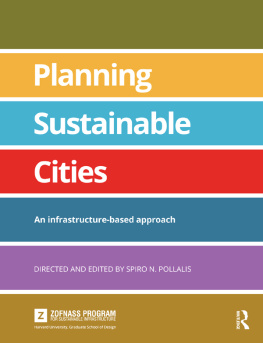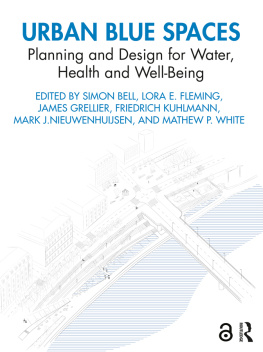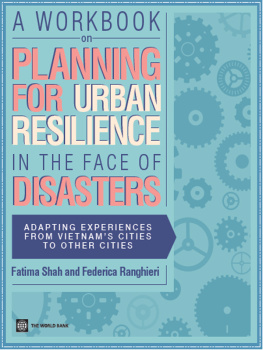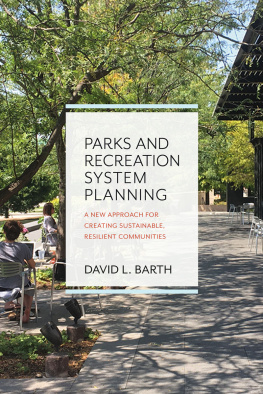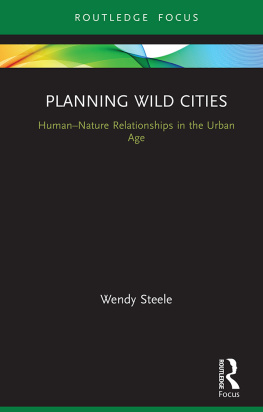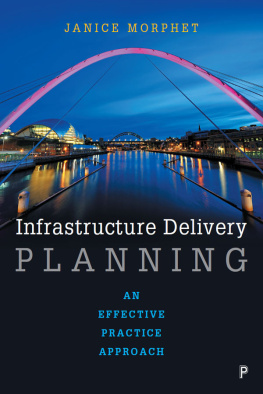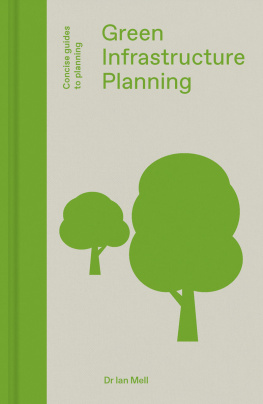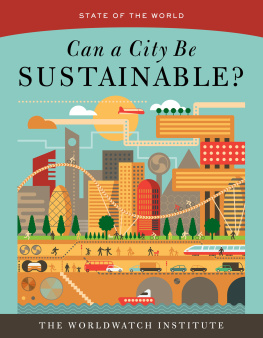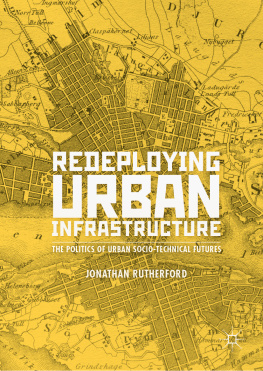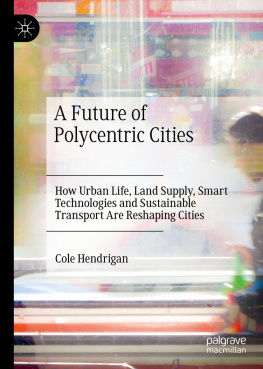Pollalis - Planning sustainable cities: an infrastructure-based approach
Here you can read online Pollalis - Planning sustainable cities: an infrastructure-based approach full text of the book (entire story) in english for free. Download pdf and epub, get meaning, cover and reviews about this ebook. City: London;New York, year: 2016, publisher: Routledge, genre: Politics. Description of the work, (preface) as well as reviews are available. Best literature library LitArk.com created for fans of good reading and offers a wide selection of genres:
Romance novel
Science fiction
Adventure
Detective
Science
History
Home and family
Prose
Art
Politics
Computer
Non-fiction
Religion
Business
Children
Humor
Choose a favorite category and find really read worthwhile books. Enjoy immersion in the world of imagination, feel the emotions of the characters or learn something new for yourself, make an fascinating discovery.
Planning sustainable cities: an infrastructure-based approach: summary, description and annotation
We offer to read an annotation, description, summary or preface (depends on what the author of the book "Planning sustainable cities: an infrastructure-based approach" wrote himself). If you haven't found the necessary information about the book — write in the comments, we will try to find it.
Pollalis: author's other books
Who wrote Planning sustainable cities: an infrastructure-based approach? Find out the surname, the name of the author of the book and a list of all author's works by series.
Planning sustainable cities: an infrastructure-based approach — read online for free the complete book (whole text) full work
Below is the text of the book, divided by pages. System saving the place of the last page read, allows you to conveniently read the book "Planning sustainable cities: an infrastructure-based approach" online for free, without having to search again every time where you left off. Put a bookmark, and you can go to the page where you finished reading at any time.
Font size:
Interval:
Bookmark:
PLANNING SUSTAINABLE CITIES
An infrastructure-based approach
DIRECTED AND EDITED BY
SPIRO N. POLLALIS

This publication fills a gap between the professions of planners and engineers, both contributing to the fundamental process of planning and building infrastructure for cities. It responds to the urgency of integrating these practices, with the objective of creating sustainable urban environments. As cities collectively start to respond to the magnitude of global urban changes and especially to the climatic risks (seen, for example, in the impact of Superstorm Sandy on New York City), there is an overall awareness that key professionals need to work in an integrated manner in order to achieve sustainable urban solutions. With this awareness, there is a need as well as a demand for a framework that can create a collaborative platform for different stakeholders involved in cities to work in unison. This need is widely acknowledged by more and more professionals working in the planning and engineering sectors.
Due to the size and complexity of infrastructure systems, multiple stakeholders with different issues and agendas are involved during planning. This book is intended to form the foundation of a common collaborative platform, primarily among public authorities, planners, and engineers, enabling those who have traditionally functioned in silos to work closely together in infrastructure planning. Establishing shared knowledge that responds to the language of these professionals is integral to our approach. The content of this book should be resourceful and broad enough to create an informed knowledge of the infrastructure systems of the city, and goes in depth to a level that is comprehensible to professionals engaged in practices of public policy, planning, and engineering, as well as to community organizations.
Professor Spiro N. Pollalis
Zofnass Program Director
Professor of Design, Technology and Management at the Harvard Design School
This research was made possible by the generous support of Paul Zofnass and Joan Zofnass, whose determination and commitment to sustainability led to the establishment, in 2007, of the Zofnass Program at Harvard University (research. gsd.harvard.edu/Zofnass, or www.zofnass.org). The founding objective of the Program was the creation of a sustainability rating system for infrastructure projects in close collaboration with the Harvard professional schools and with industry.
In 2007, Professor Spiro Pollalis was appointed the first Director of the Zofnass Program and assumed the task of formulating and implementing the vision. A team of researchers and students was assembled to carry out the research and the Planning Guidelines is the direct or indirect outcome of a multi-year effort on sustainability of the researchers throughout the years who have been part of the Zofnass Program. The Zofnass Program has also been supported by Harvard University faculty advisors from the School of Design, the Center for the Environment, the School of Public Health, the Business School, and the Law School, who bring a wide range of expertise to the Program.
In parallel, the Zofnass Program established the Sustainable Industry Advisory Board (SIAB). SIAB members support the Program financially and, equally important, with the commitment of the firms leadership share their professional expertise and provide valuable feedback to the Programs research. ARCADIS, Autodesk Inc., exp., Golder Associates, Granite Construction, CH2M, HNTB Corporation, MWH Global, NV5, Power Engineers, and Stantec are the SIAB members.
The Program organizes quarterly workshops, by invitation only. The researchers of the Program, Harvard faculty advisors, SIAB members, and guests attend these workshops, led by public authorities and private parties involved in large-scale projects. The workshops allow intense interaction on complex issues that require utmost expertise and understanding of state-of-the-art practice. We attribute to these workshops the results of our research, the successful outcome of both our rating system and our Planning Guidelines.
The Zofnass Program maintains a close ongoing relation with the Institute for Sustainable Infrastructure (ISI, www.sustainableinfrastructure.org). ISI was established in 2012 as a nonprofit organization with three founding members: the American Society of Civil Engineers (ASCE), the American Council of Engineering Companies (ACEC), and the American Public Works Association (APWA). After its founding, ISI adopted our Zofnass rating system, giving it a new life after the research phase, and has transformed it into Envision, a commercial-grade product for self-evaluating the sustainability of infrastructure projects, for rating them, and for training Envision certified professionals (ENV SP). Our interactions with ISI have had an impact on our work.
The Planning Guidelines were presented, discussed, and scrutinized in all our workshops over the past two years. The Harvard faculty advisors and SIAB members provided feedback on the research and reviewed the manuscript of this book. SIAB members contributed introductory essays for each chapter, sharing their valuable professional perspectives.
It should be noted that the Water Infrastructure chapter was partially supported by a two-year grant of the Surdna Foundation to the Zofnass Program (www.surdna.org).
Font size:
Interval:
Bookmark:
Similar books «Planning sustainable cities: an infrastructure-based approach»
Look at similar books to Planning sustainable cities: an infrastructure-based approach. We have selected literature similar in name and meaning in the hope of providing readers with more options to find new, interesting, not yet read works.
Discussion, reviews of the book Planning sustainable cities: an infrastructure-based approach and just readers' own opinions. Leave your comments, write what you think about the work, its meaning or the main characters. Specify what exactly you liked and what you didn't like, and why you think so.

